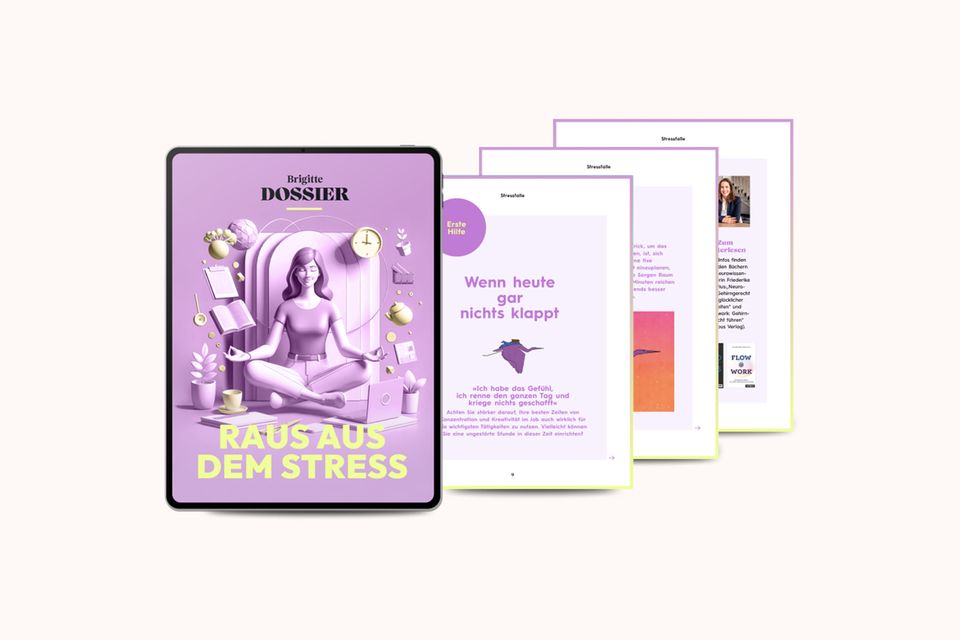Snow globe effect: How the snow globe effect helps you deal with uncertainty

Do you feel like your life is spiraling into chaos and you're losing control over everything that's happening to you? The so-called snow globe effect can help you cope with uncertain situations.
It's not easy to endure uncertainty. Feeling at the mercy of others and having to relinquish all control. But both are unavoidable parts of life. There are situations we can't influence. Our lives and our everyday routines suddenly feel like a roller coaster ride, without us remembering getting on. Psychologist Phil Stark explains in "Psychology Today" what he advises his patients in such moments: He compares the situation to a snow globe.
The snow globe effect: When life swirls around us uncontrollablyEverything is suddenly whirled up, nothing is in its original place or where we would like it to be. And we are in the middle of this blizzard. We can't do anything about it and at the same time have to cope with our fear, our powerlessness, perhaps anger and a multitude of other feelings. Our first impulse in such a situation is often to fight against the snow. We try with force to stop it from whirling away, to hold it in place. To at least put a few flakes back where we would like them to be. But in doing so, we end up whirling the snow a little further each time. And in doing so, we achieve the opposite of what we actually want.
The expert's advice is: Stop fighting the snow. Instead, calm down and wait for the storm to subside on its own. Because—and this is just as true in life as it is in a snow globe—the snow, the chaos, everything we can't control, will eventually settle down. It can be helpful to realize that many things are not (completely) in our own hands. Not whether we lose our job, nor whether our partner leaves us, nor whether a loved one dies. The only thing that is truly within our control is our reaction to them.
When we stop fighting, we gather strength for the futureThis realization doesn't necessarily make all these things less painful. But if we manage to simply accept the situation as it is, we first and foremost save energy. Because fighting against the inevitable takes energy. Energy that we can better invest in processing our feelings and in the future.
Once we stop fighting, we can get a realistic picture of the situation. While everything around us is in turmoil, we can't see clearly anyway. Once the snow has settled in the ball—even if that takes a while—we can take stock. What really happened? What does this mean for me? How do I feel about it? We can look at our emotions, reflect on them, and accept them. Only then does it make sense to look forward and find solutions. But desperately searching for quick fixes while the snow and life are still swirling around us only costs us unnecessary energy and ultimately slows down the process.

Do you want to know how to better deal with stressful situations? Are you looking for routines that help you unwind? Do you want to finally fall asleep and sleep through the night? We answer these and other questions in our PDF dossier.
And waiting reveals another truth: No matter how fiercely the blizzard rages around you, you, just like the figure in the snow globe, remain firmly grounded. It may not feel that way amidst the chaos of your life, but your core being, your self, remains untouched. Even if everything around you is changing, and that can, of course, change you to some extent, you still remain you, deeply rooted within yourself.
As difficult as it may be to do nothing during an uncertain time, it may be best to wait until the chaos in your life has cleared up a bit. Then you can take action and use your energy to move forward positively—no matter what devastation the storm may have wreaked.
Brigitte
brigitte




